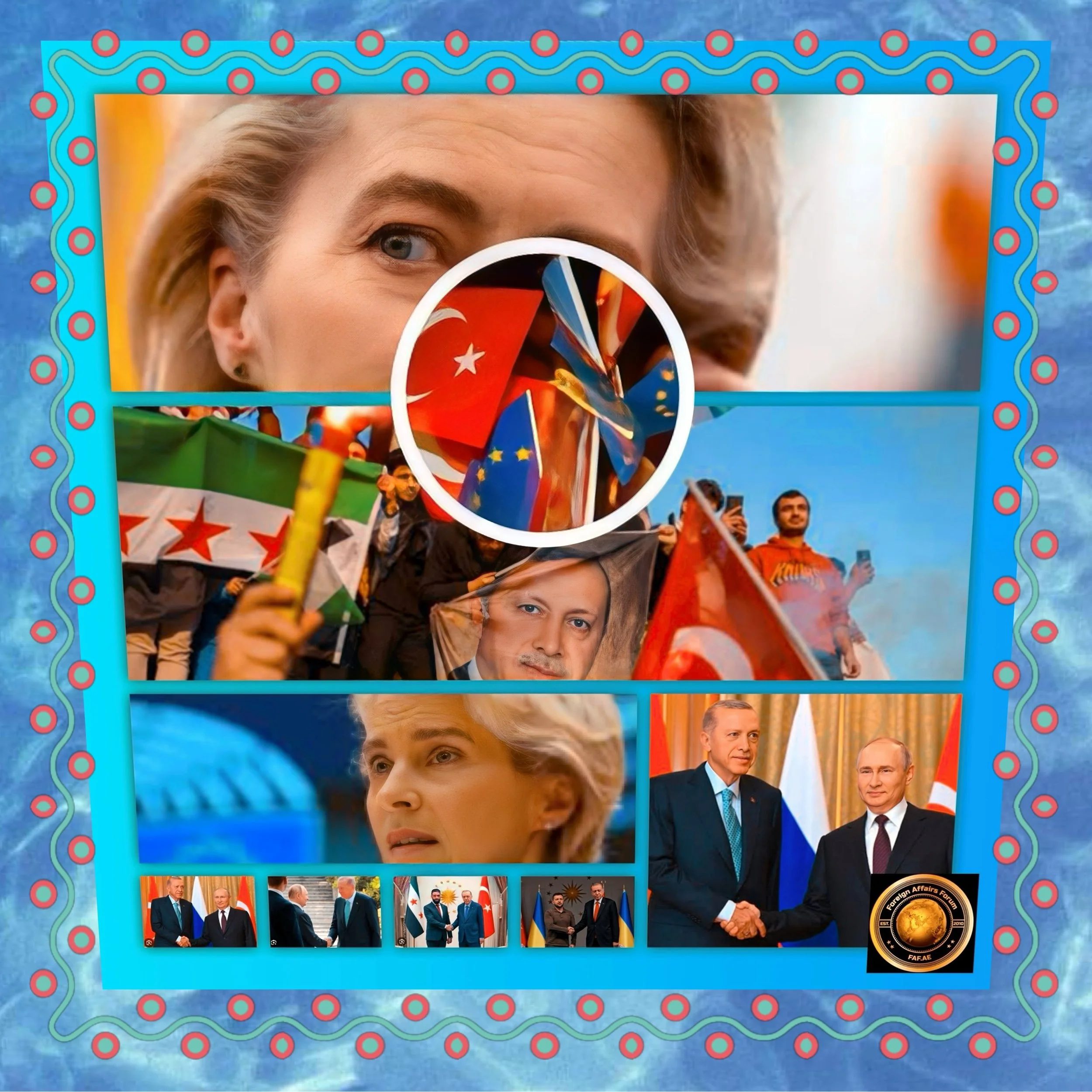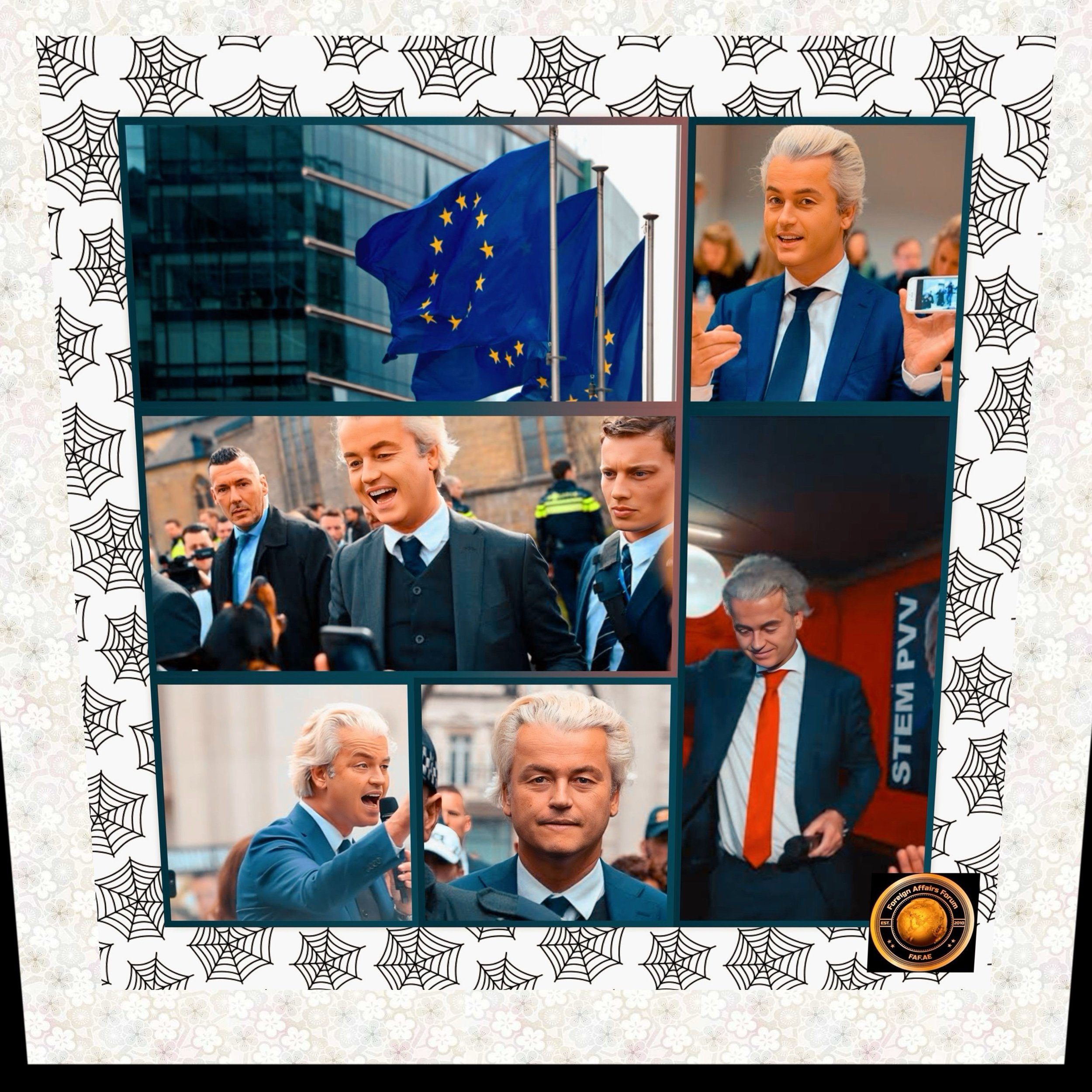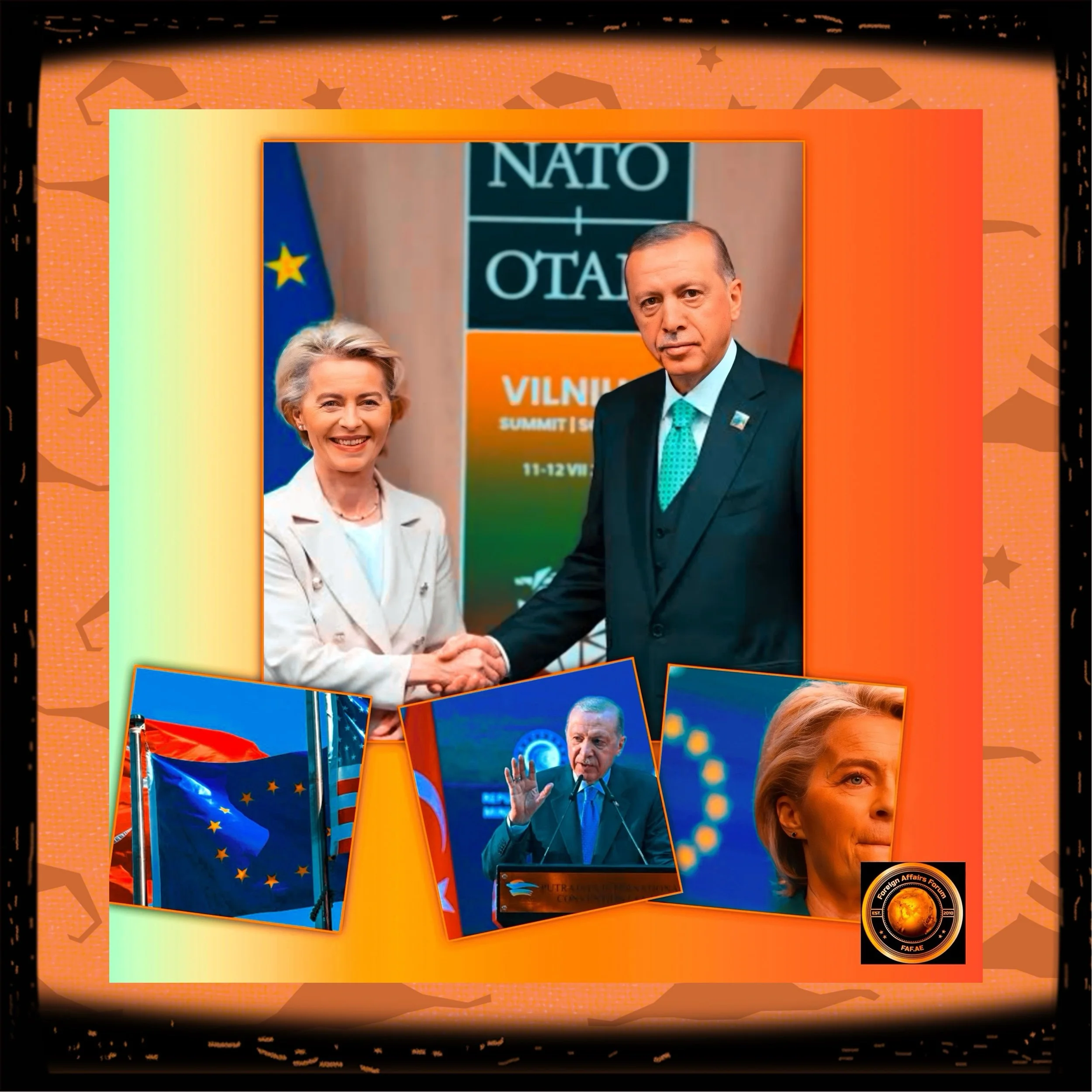Turkey’s Defense Relationship with the EU: Curse or Boon?
Introduction
Turkey’s defense relationship with the European Union represents one of the most complex and multifaceted partnerships in contemporary geopolitics.
While Turkey possesses significant military capabilities and strategic importance that could potentially enhance European security, several concerns—including internal political instability, relations with Russia, and disagreements over terrorism—complicate this relationship.
FAF examines whether Turkey’s defense capabilities represent a curse or a boon for the EU by analyzing the main factors influencing this dynamic relationship.
Turkey’s Military Capabilities and Defense Industry
Turkey maintains one of the largest militaries in NATO and occupies a strategically vital position between Europe, Asia, and the Middle East. This geographic positioning alone makes Turkey a potentially valuable partner for European defense.
Turkey’s defense industry has developed significantly in recent decades, partly in response to periodic embargoes from Western allies.
The country’s desire for strategic autonomy has led to developing indigenous military technologies that could potentially enhance European defense capabilities.
Turkish firms like Baykar, which manufactures the Bayraktar drone, have demonstrated their significance in modern warfare and could contribute to European defense manufacturing.
However, Turkey has historically been marginalized in European defense-industrial collaboration.
Since the end of the Cold War, consolidation and cooperation have primarily occurred between Western European defense industries in France, Germany, Italy, Spain, and the UK, with Turkey remaining on the periphery.
Turkey joined multinational efforts, such as the A400M and F-35 programs, to reduce vulnerability to potential embargoes.
Recent Developments
Emerging signs of potential defense cooperation exist. Turkish Foreign Minister Hakan Fidan has insisted that any new European defense architecture without Turkey would be “unrealistic.”
Turkey has also joined the European Sky Shield Initiative coordinated by Germany, showing willingness to participate in intergovernmental capability projects.
More recently, Turkey has indicated readiness to participate in Ukraine-related security initiatives.
President Erdogan has signaled that Turkish troops could eventually be deployed in Ukraine, and Turkey has become part of a ‘coalition of the willing’ headed by the UK and France regarding Ukraine. This suggests the potential for deeper security cooperation with European partners.
Political Tensions and Governance Concerns
Internal Political Turmoil
Recent events highlight Turkey’s volatile political situation. The arrest of Istanbul Mayor Ekrem Imamoglu, a prominent political opponent of President Erdogan, has triggered widespread protests across Turkey, resulting in over 1,400 detentions.
This arrest is widely seen as politically motivated and “another step on the authoritarian road in Turkey.”
Imamoglu was expected to challenge Erdogan in future elections, raising concerns about democratic backsliding in Turkey.
President Erdogan has characterized the protesters as wanting to turn Turkey into a “place of chaos.” This political turbulence raises questions about Turkey’s reliability as an EU defense partner.
EU-Turkey Political Misalignment
The EU often cites the low level of alignment between Turkey’s foreign policy positions and its own—only 10% in 2023—as a barrier to deeper cooperation.
This misalignment extends to defense matters, with Cyprus vetoing the EU-Turkey agreement on exchanging classified material, effectively blocking participation in European Defence Agency initiatives.
Turkey’s formal request to participate in Permanent Structured Cooperation (PESCO) was denied partly due to Austria’s objection. At the same time, Cyprus, France, and Greece have objected to EU funds being used to finance Turkish-made equipment for Ukraine.
These political obstacles have significantly hampered defense collaboration.
Turkey’s Complex Relationship with Russia
Turkey maintains a delicate balance in its relationship with Russia, complicating its role in European defense. While Turkey has supported Ukraine since Russia’s full-scale invasion in 2022, it has also maintained ties with Russia and even led mediation efforts.
This dual approach generates both concerns and potential benefits.
The EU has expressed concern about Turkey’s “ambivalence toward Russia throughout the war against Ukraine,” including not implementing sanctions while investing in trade relations with Moscow.
This stance has contributed to the EU’s reluctance to deepen defense cooperation with Turkey.
However, this complex relationship also means Turkey has “accumulated significant experience in managing conflicts with Russia,” including joint patrols with the Russian military in Syria.
“Erdogan and Putin and their top brass have exchanged punches but have also sat at the negotiation table to craft solutions.”
This experience could be valuable in European security arrangements, particularly in Ukraine.
Terrorism Concerns and Regional Policies
Allegations of a “double standard” on terrorism have complicated Turkey’s relationship with the EU. While Turkey condemns the PKK as a terrorist organization, there are claims that Turkey supports various groups designated as terrorist organizations by other countries, including “Hamas, Muslim Brotherhood, Al Nusra/Al Qaeda affiliates, ETIM and TIP.”
Egypt has specifically accused Turkey of “working with ISIS on the Sinai Peninsula to destabilize Egypt,” identifying four agents allegedly linked to ISIS affiliates there.
These allegations, whether substantiated or not, contribute to concerns about Turkey’s approach to terrorism.
Turkey’s support for Hamas, particularly in partnership with Qatar, has raised additional concerns about its alignment with EU security interests.
These differences in approach to designated terrorist groups create significant obstacles to deeper defense cooperation.
The Strategic Assessment: Curse or Boon?
Potential Benefits
Turkey’s defense capabilities offer several potential benefits to European security:
Significant military capacity that could enhance European defense capabilities
The strategic geographic position allows influence in multiple regions
Battle-tested military experience, including in managing complex relationships with Russia
A developing defense industry that could contribute to European defense manufacturing
Potential role in Ukraine peacekeeping efforts
As Europeans face “massive military manpower challenges, emptying armament and munitions stocks, a disjointed defense industrial base, and budgetary challenges,”
Turkey’s robust military and thriving defense industry could become valuable assets.
Significant Concerns
However, several factors make Turkey’s defense relationship problematic for the EU:
Democratic backsliding and internal political instability
Low alignment with EU foreign policy positions (only 10% in 2023)
Ambivalent stance toward Russia during the Ukraine conflict
Allegations regarding support for groups designated as terrorist organizations
Political blockages from EU member states (Cyprus, Greece, France, Austria)
Conclusion
Turkey’s defense relationship with the EU presents both opportunities and challenges.
While Turkey possesses military capabilities and geographic positioning that could enhance European security, political tensions, governance concerns, and divergent approaches to Russia and terrorism create significant obstacles to deeper cooperation.
The path forward likely requires what the source describes as “some political maturity to overcome the acrimony” and a recognition that “as partners, both the EU and Türkiye need to demonstrate some political maturity to overcome the acrimony over Türkiye’s failed accurate sion process.”
Turkiye's defense will likely remain more of a challenge than an asset for European security.
The recent developments regarding Ukraine and Turkey’s willingness to participate in security initiatives offer potential opportunities for cooperation.
However, this cooperation will remain limited without progress on resolving underlying political differences and concerns about Turkey’s internal governance and regional policies.





